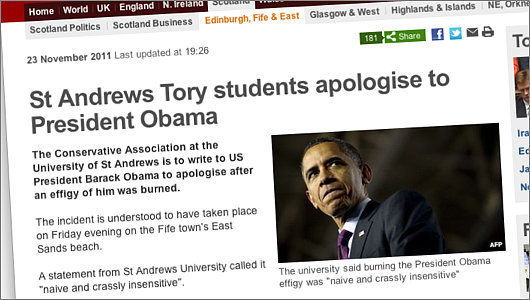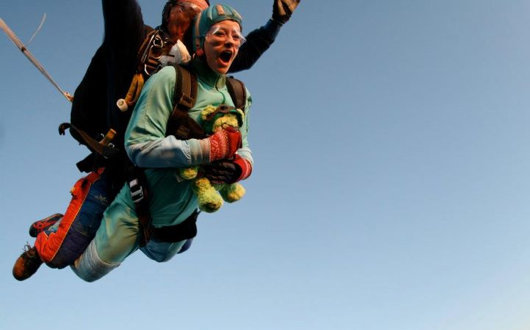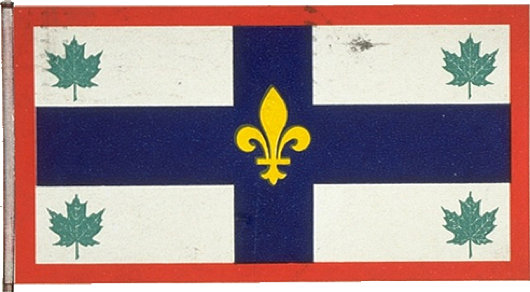2011 December
About Andrew Cusack
 Writer, web designer, etc.; born in New York; educated in Argentina, Scotland, and South Africa; now based in London.
Writer, web designer, etc.; born in New York; educated in Argentina, Scotland, and South Africa; now based in London. read more
News
Blogs
Reviews & Periodicals
Arts & Design
World
France
Mitteleuropa
Knickerbockers
Argentina
The Levant
Africa
Cape of Good Hope
Netherlands
Scandinavia
Québec
India
Muscovy
Germany
Academica
Happy Christmas

Happy Christmas
and a
Blessed New Year
I wish all our readers the very best for this Christmas season and I hope we will all enjoy innumerable blessings in this coming year.
St Andrew’s & Blackfriars Hall, Norwich
NORWICH, THAT CITY of two cathedrals, is known for Colman’s Mustard and the television cook Delia Smith (herself Catholic). Unknown to me until recently is that the capital of one of England’s greatest counties is also home to the most complete Dominican friary complex in all of England. The Dominicans had arrived in Norwich in 1226 — the swiftness with which they reached the city comparative to the foundation of the Order of Preachers is indicative of England’s inherent inclusion in the Catholic Europe of the day.
From 1307, the OPs occupied this particular site in Norwich until the Henrician Revolt, when the friary was dissolved and the city’s council purchased the church to use as a hall for civic functions. The nave became the New Hall (later St Andrew’s Hall) while the chancel was separated and used as the chapel for the city council and later as a place of worship for Norwich’s Dutch merchants. (The last Dutch service was held in 1929).
The complex has been put to a wide variety of uses. Guilds met here, as did the assize courts. It was used as a corn exchange and granary. King Edward VI’s Grammar School began here. Presbyterian and Baptist non-conformists worshipped in various parts during the late seventeenth century. William III had half-crowns, shillings, and sixpences minted here. In 1712, the buildings became the city workhouse until 1859, when a trades school was established the continues today elsewhere as the City of Norwich School. The East and West Ranges are now part of the Norfolk Institute of Art and Design. (more…)
A Breath of Fresh, Northern Air
The Dorchester Review Proves That Canada is Still Thinking
This summer I received an email from my friend Bruce Patterson, all-around nice guy and Deputy Chief Herald of Canada, informing me of a new historical and literary review just founded called the Dorchester Review. Intrigued, I obtained a copy and was pleasantly enthralled with what I found. The first issue of the Dorchester Review contained a variety of thoughtful articles on fascinating subjects. I spent an entire morning sitting comfortably on a café sofa and imbibing the intelligent and enlightening contents of the magazine.
The editors did issue a brief statement explaining the genesis of their new review. They had me at their Pieperian first sentence: “The Dorchester Review is founded on the belief that leisure is the basis of culture.”
Just as no one can live without pleasure, no civilized life can be sustained without recourse to that tranquillity in which critical articles and book reviews may be profitably enjoyed. The wisdom and perspective that flow from history, biography, and fiction are essential to the good life. It is not merely that “the record of what men have done in the past and how they have done it is the chief positive guide to present action,” as Belloc put it. Action can be dangerous if not preceded by contemplation that begins in recollection.
The endeavour of reviewing books, the editors acknowledge, has too often been reduced either to brief puff-pieces in the Saturday insert of the local paper or more high-minded but uncritical praise of like-minded academics for one another. “There are too few critical reviews published today, particularly in Canada, and almost none translated from francophone journals for English readers.” As someone with a lifelong love of Quebec, I am relieved that finally there is a review in my own language willing to take Quebec seriously.
“At the Review,” the editors continue, “we shall praise the good books and assail the bad.”
They also forthrightly explain their rejection of the narrow nationalist perspective that has been on the ascendant in Canada throughout the past century, especially since the foundation of The Canadian Forum. The Dorchester Review effectively throws Canada’s doors open to a more reasoned understanding of the country’s relationship with Europe (Britain and France particularly), America, the Commonwealth, and the world.
But the Dorchester Review is not a publication just for Canadians. There is a great deal of Canada in it, but also a great deal of the world. The second issue (just printed) features articles with titles such as “Why Marx is Still (Mostly) Wrong”, “1789: The First Counter-Revolutionaries”, “What Sort of Autocrats Were the Popes?”, “Can Vichy France Be Defended?”, and “The Scots Fight Back” (the last in response to an article in the first issue: “How the English Invented the Scots”).
Contributing editor Chris Champion is interviewed by CBC Radio here. A number of the contributors (Conrad Black, Paul Hollander, etc.) readers of The New Criterion will already be familiar with. The latest number also includes a book review by this, your humble and obedient scribe.
Head over to dorchesterreview.ca to find out more or subscribe.
Burn Baby Burn!
A Burning-in-Effigy at Exposes the Cowardices of Tomorrow’s Politicians

I cannot condemn this in more stringent terms. The Tories at the University of St Andrews have apparently burnt Barack Obama in effigy and then backtracked with all manner of pussyfooting around and the standard issue of apologies. Burning in effigy is a perfectly legitimate form of political expression and has been verified by centuries of tradition.
What’s more, I suspect there’s a bit of the old racism behind the apologies: would anyone have bat an eyelid if Mr Obama’s predecessor had been burnt in effigy by students? I, for one, would have happily joined in both effigy-burnings. The more effigies burnt the merrier. Chesterton remarked “It is terrible to contemplate how few politicians are hanged”, and I would suggest effigy-burning is a potentially more wholesome if less efficacious alternative.
If you’re going to burn an effigy, burn an effigy and then stick with it. But the weak-kneed, shilly-shally Tories always want to engage in a bit of old-school fun before hoisting up the white flag and issue an “unreserved public apology”. Rank hypocrisy of the highest order! Ye cannae have yer cake an’ eat it, too!
Begley Takes to the Skies
Brave Bear Skydives in Support of Hammersmith’s Irish Cultural Centre
The Irish Cultural Centre in Hammersmith, London is in danger of closing as its landlord, the local council, is putting the ICC’s building up for sale. The enterprising folk at the Centre have launched the Wear Your Heart for Irish Arts campaign to raise the funds required to save this outpost of Gaelry and have adopted Begley the Bear as the campaign mascot. Begley is a brave little lad and he recently undertook a charity skydive to raise money for the Centre.

Alright, he wasn’t so brave at first, but he worked up the courage in time.

The ICC’s assistant manager, Kelly O’Connor, accompanied Begley on his endeavour.


She had to cover poor Begley’s eyes at the start…

…but then they got into the swing of things.

And at the end of the day, who could say no to a pint of plain?
Le drapeau « Jacques Cartier »

To be filed under ‘Flags I Never Knew Existed’: the Québécois heraldist Maurice Brodeur designed a flag commemorating the French explorer Jacques Cartier, founder of Quebec and Canada. The banner was designed to hang as an ex-voto in the Memorial Basilica of Christ the King in Gaspé, conceived in the 1920’s as an offering of thanks for the four-hundredth anniversary of the claiming of Canada by Cartier. The Great Depression brought the project to a halt, and the church was finally finished in 1969 as a modernist cathedral in wood — the only wooden cathedral in Catholic North America.
Was the flag ever actually executed? I don’t know, but I doubt it.
Search
Instagram: @andcusack
Click here for my Instagram photos.Most Recent Posts
- Burns Tower April 19, 2024
- Patrick in Parliament March 18, 2024
- Articles of Note: 13 March 2024 March 13, 2024
- Cambridge March 9, 2024
- Taken on Trust March 4, 2024
Most Recent Comments
Book Wishlist
Monthly Archives
Categories


